 The cat stuffed herself into a glass bowl
The cat stuffed herself into a glass bowl I’ve observed some confusion over which to use (into or in to) when writing.
Time to clarify!
Example:
I walked into the building.
In to – These two words are also prepositions.
“In” can be used to create phrasal verbs.
“To” is often used when creating the infinitive (to + verb).
Both are used frequently but are not normally paired together.
Example:
I learned to drive in 2011. (This is an example of the infinitive)
My cats get to play outside in our yard. When it’s time for my cats to come in, I ring a bell and they run inside. (This is an example of a phrasal verb)
The simple trick: If you’re describing something that involves movement, use into.


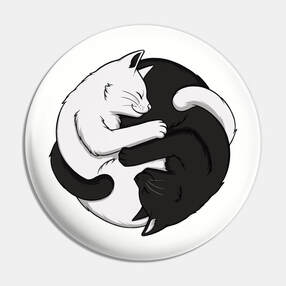
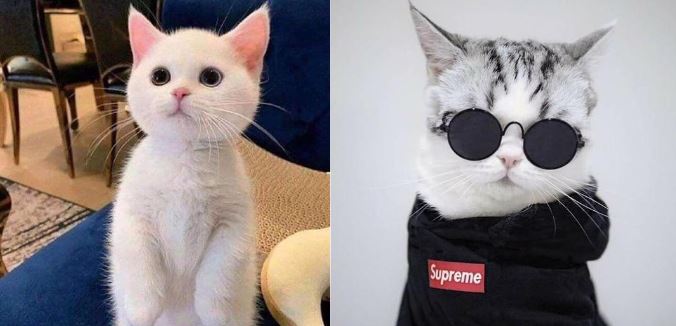
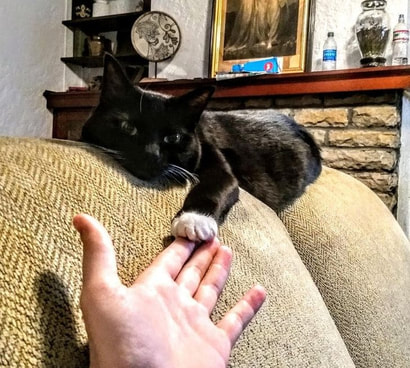
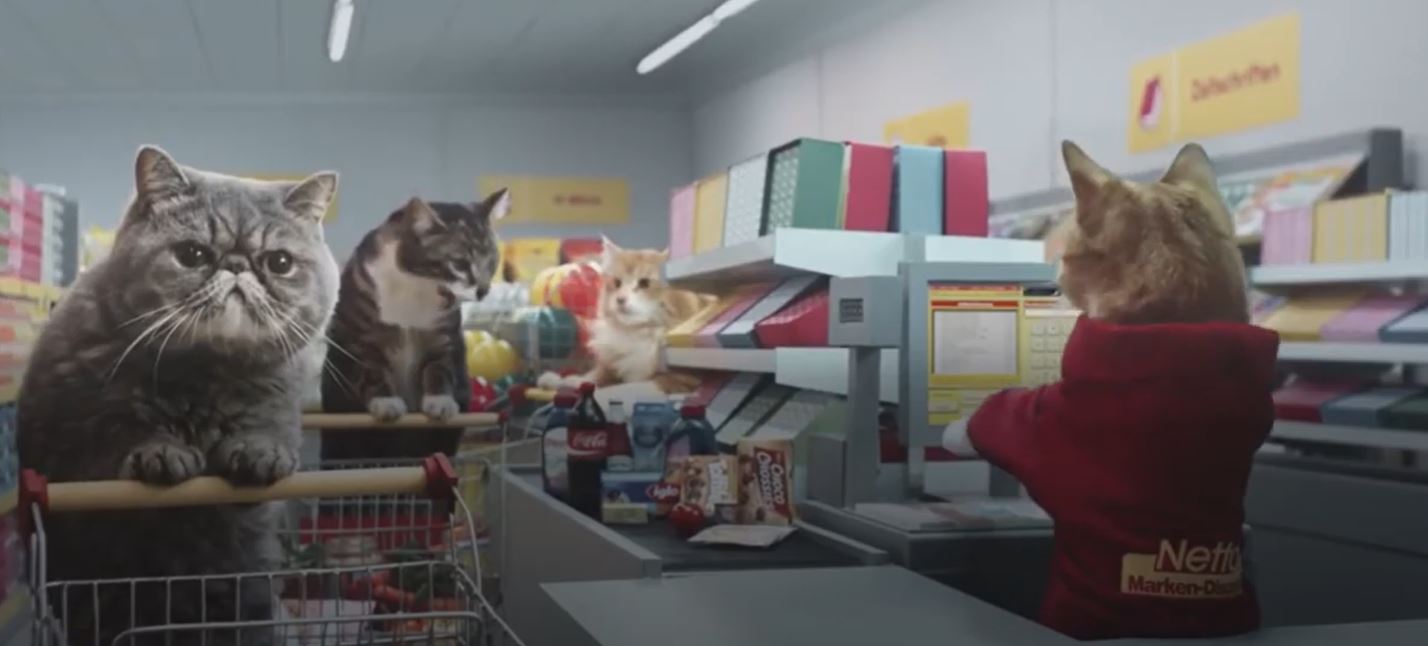

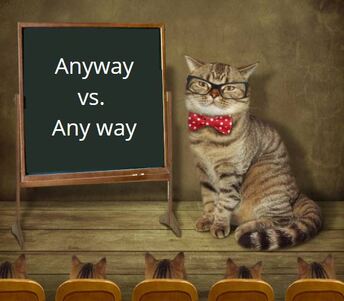




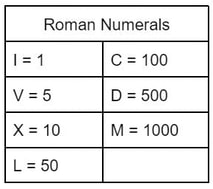
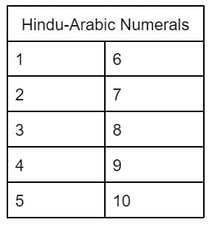
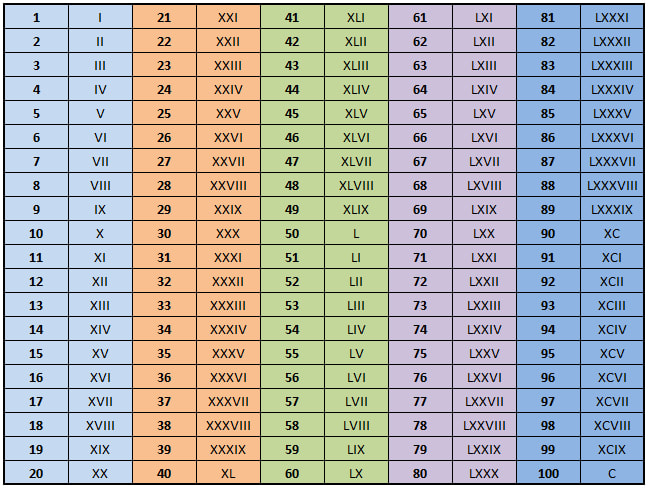
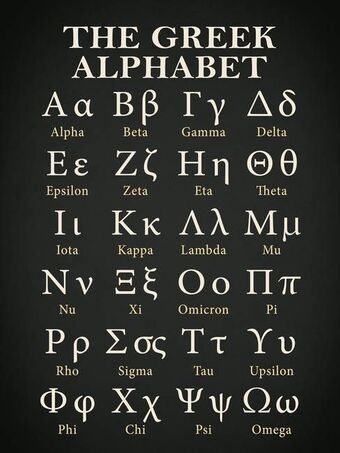

 RSS Feed
RSS Feed